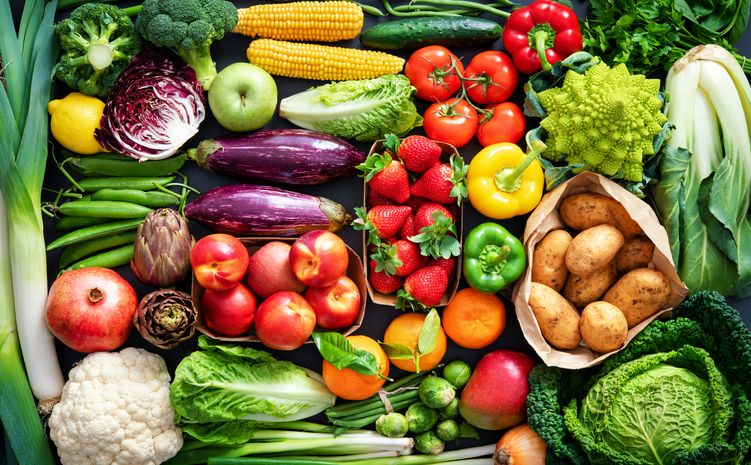Kroger, the largest grocery chain in the country, is setting a net-zero goal and will report its full emissions as a result of pressure from mutual fund investors, according to an announcement from Green Century Capital Management.
Last Thursday, the fund provider noted it has pulled a shareholder proposal it filed with Kroger, as the grocery chain voluntarily agreed to set science-based targets for reducing its greenhouse gas emissions. That includes a key component of the company’s emissions – Scope 3 – a category that represents an estimated 95% of emissions for most retailers, according to projections from Walmart cited by Green Century. Scope 3 emissions are those that cover a company’s value chain – for retailers that means everything on their shelves.
Greenhouse gases tied to the food industry account for about a third of emissions globally, according to the fund firm.
Kroger’s agreement to take action on its greenhouse gases come as major retailers, including those in the food industry, have faced more pressure than ever from investors to address their roles in climate change.
“From clearing rainforests for agriculture, to raising livestock, to transporting food from farms on one continent to stores on another, our food system generates significant planet-warming emissions,” Green Century president and ESG Clarity US Committee member Leslie Samuelrich said in the announcement. “But it doesn’t have to be that way. If other large food retailers follow Kroger’s lead in reducing their supply chain emissions, it could galvanize a shift toward sustainable agriculture.”
In January, a similar emissions proposal at Costco passed with 70% approval, in a vote that included major institutional investors. That shareholder resolution, which was the first of its kind to pass, was also submitted by Green Century.
Kroger was the largest supermarket by sales and number of stores as of 2020, with $135bn in sales that year, according to a report from Supermarket News.
It, like other public companies, is not only getting pressured by shareholders to measure and reduce emissions, regulators are also working on rules that they will be subject to. The Securities and Exchange Commission, for example, is in the process of drafting a final rule that make securities issuers disclosure their climate risk data, including Scope 1, 2 and 3 emissions.








